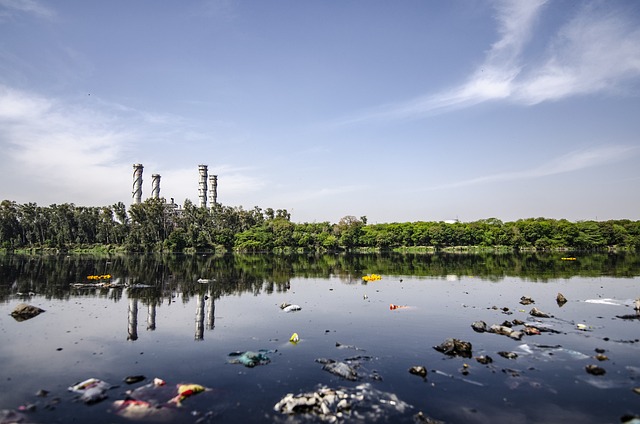
Camp Lejeune water contamination is an issue that affects a large number of people. Camp Lejeune is a Marine Corps base in North Carolina. The base is located on the shore of the Atlantic Ocean and has been used as a training facility for the Marines for years.
The initial contamination lasted from the early 1950s to the early 1980s. The contamination came from the discharge of military waste into the ocean. This release of waste caused a rise in levels of methylmercury and other toxins in the water.
Methyl mercury is a toxin that can cause serious health problems if ingested or exposed in other ways. It can also damage the nervous system and other organs. Now that Camp Lejeune has been identified as a site of water contamination, people who were harmed by this pollution are looking to file a lawsuit.
Finding Out If You Qualify For The Lawsuit
The first step in filing a lawsuit against Camp Lejeune is to find out if you qualify for the lawsuit. This can be done by contacting an attorney who specializes in this type of case or by calling a legal hotline.
If you have been diagnosed with cancer or other illness that could be caused by Camp Lejeune water contamination, you may be eligible to file a lawsuit against the Marine Corps. You may also be able to file a lawsuit if you or someone close to you was injured because of Camp Lejeune water contamination.
Hiring An Attorney
If you qualify for the lawsuit, your next step is to hire a water contamination lawyer. It is important to hire an attorney who specializes in this type of case because a lawyer who does not specialize in this type of case may not be able to do all that is needed to win your case.
The lawyer who files your lawsuit will help you gather all of the information needed for your case. They will also help you with the filing process and help you negotiate with the Marine Corps in order to win your case.
Building Your Claim
Once you have hired an attorney, the next step is to build your claim. This requires gathering evidence, such as medical records and other documents that show that you have been harmed by Camp Lejeune water contamination. These records may include the following:
- Medical records that show that you were injured because of Camp Lejeune water contamination
- Test results showing that you have been harmed by Camp Lejeune water contamination
- Test results showing that you have been harmed by Camp Lejeune water contamination if you have been diagnosed with cancer, leukemia, or another disease
Gather Information For Your Claim
The next step is to gather information for your claim. This can be done by contacting the Marine Corps, which may require a Freedom of Information Act (FOIA) request. You may also have to file a lawsuit or other legal action seeking documents from the Marine Corps. If you do not qualify for the lawsuit, you will still need to gather information for your claim because, without this information, a judge or jury may not believe your story.
Negotiating A Settlement
If you do qualify for the lawsuit, you may be able to negotiate a settlement with the Marine Corps before filing your lawsuit. The goal of negotiating a settlement is to agree on terms that are fair for both sides. This means both sides will get what they want from the settlement. The Marine Corps will get compensation for damages that it has caused and the people who were hurt by Camp Lejeune water contamination will get compensation for their injuries. If you do not qualify for the lawsuit, it is still important to negotiate a settlement because without this, the case will go to court and there is a chance that a judge or jury will not believe your story.
Filing An Official Lawsuit If A Settlement Cannot Be Reached
If you do not qualify for the lawsuit, the next step is to file an official lawsuit against the Marine Corps. It is important to file this lawsuit because it gives the Marine Corps notice that you are suing them and allows them to defend themselves in court. A judge or jury will make a decision about whether or not they believe your story. If they do not believe your story, they will decide on a verdict based on what they believe to be true, which may not be what you want them to decide.
The Camp Lejeune water contamination lawsuit is an important step in getting justice for the people who were placed in harm’s way. By gathering information for your claim, negotiating a settlement, and filing an official lawsuit, you can make sure that your story is heard and that the responsible party pays for the damages it has caused.



